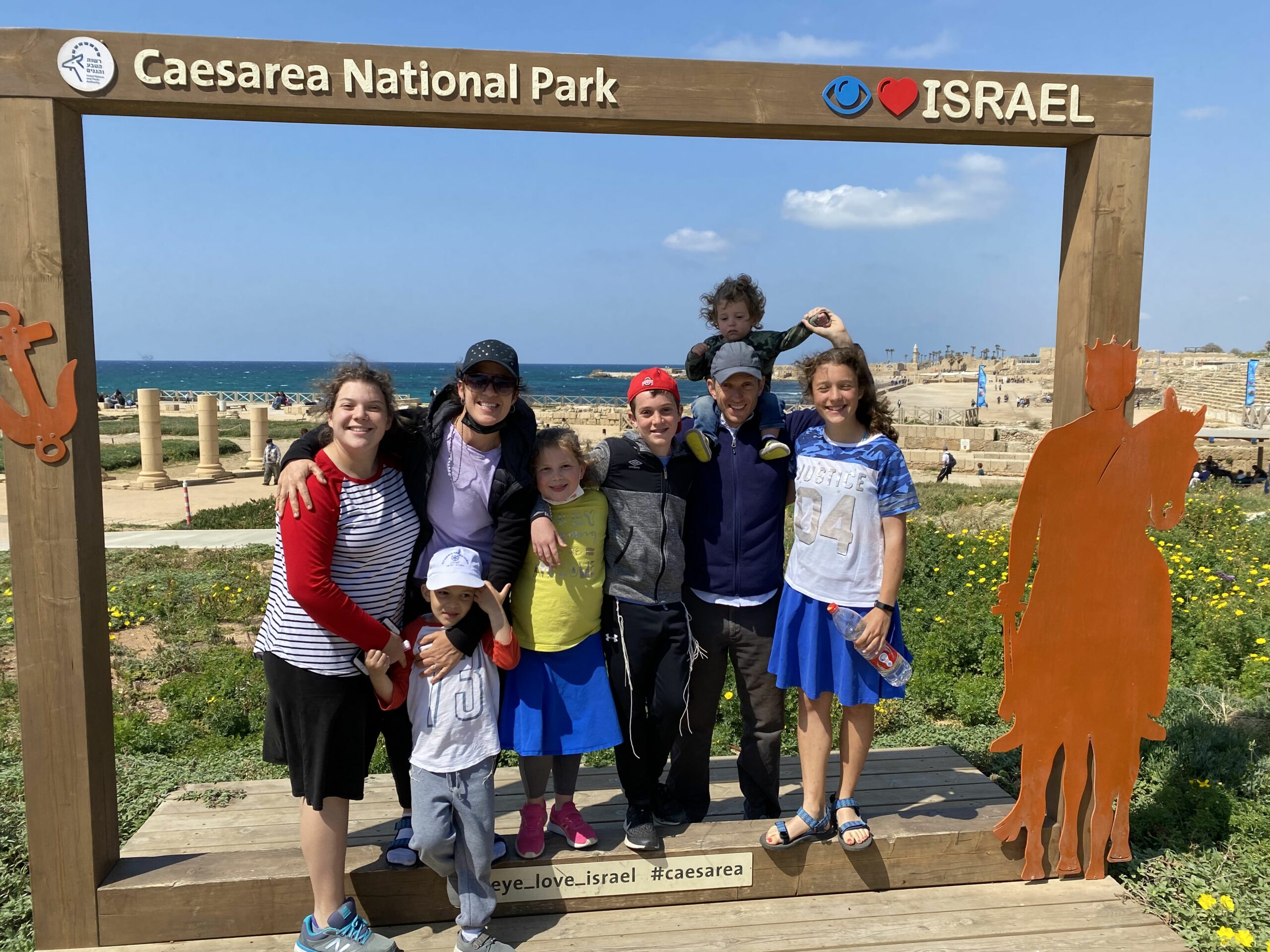The day following Passover, Shavuot and Sukkot is known in Hebrew as “Isru Chag.” It’s a minor holiday on the Jewish calendar but a major holiday for Israeli school children, since there is no school on “Isru Chag.” Many Israeli families spend one final day on hikes and trips throughout the country, before returning to “normal life.”
The origins of the day go all the way back many centuries and are based on this Hebrew verse in Psalms. The verse refers to binding the festival offering to the horns of the altar, however, the Talmud (Sukkah 45b) offers an additional interpretation and praises someone who binds themselves to the festival by celebrating for an additional day.
After weeks of celebrating and enjoying our close connection to God from Rosh Hashana through Yom Kippur and then the 8 day Sukkot festival, it’s difficult to go back to our daily, mundane routines. We have spent the last few weeks in deep prayer, repentance, fasting and celebration with God and each other, that it’s challenging to resume “normal life” just like that.
Isru Chag serves as a transition and gives us one final chance to bask in the glow of this special time of year.






